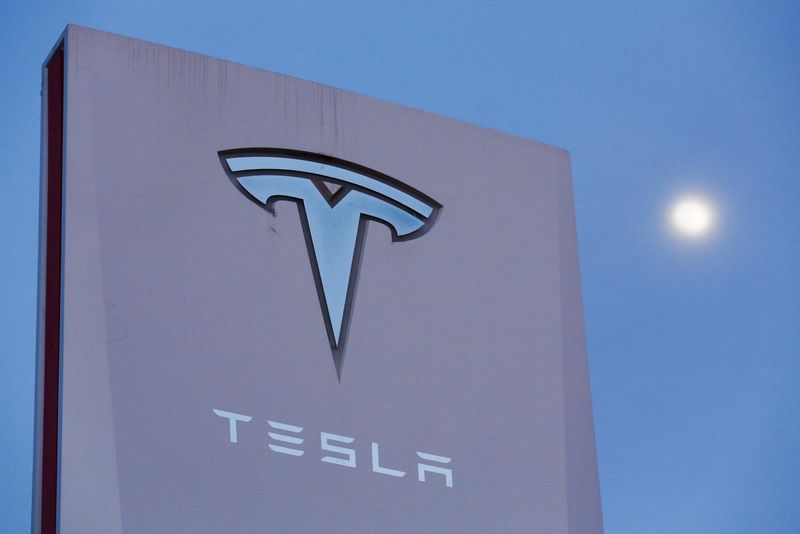Investing.com -- JPMorgan issued a warning for Tesla (NASDAQ:TSLA) in a note Thursday, revising its price target, which still forecasts a potential significant downside for the stock.
The bank maintained an Underweight rating on the stock, raising the price target to $130 from $115. Tesla shares closed Wednesday's session at $249.02.
"TSLA shares fell -3.5% Wednesday vs. the S&P 500 flat, ostensibly upon the release of sales and production figures indicating 3Q global deliveries tracked modestly less than our estimate and in line with Bloomberg consensus but, from our conversations, may have represented more of a miss vs. investor expectations," said JPMorgan.
The bank cautioned that the company could face its first-ever full-year decline in unit volumes, which could jeopardize its hypergrowth valuation.
Tesla's 3Q24 deliveries of 464,000 units fell slightly short of JPMorgan's estimate, aligning with Bloomberg consensus.
However, analysts believe that this may have underperformed against broader investor expectations.
"The continued softer trend now appears to position Tesla to potentially not grow full-year unit volumes for the first time in its history," JPMorgan stated, adding that this could lead more investors to reevaluate the company's growth stock status.
They state that Tesla's stock has been highly resilient despite a steady decline in performance metrics over the past two years.
"While TSLA shares are flat to slightly higher over the past two years, expectations have crumbled for every performance metric," JPMorgan added, referencing declines in unit volumes, revenue, gross margin, and free cash flow.
Moreover, the analysts highlighted that Tesla's earnings before interest and taxes (EBIT) for 2024 are now projected to be $7.3 billion, a staggering 74% drop from the $28 billion expected two years ago for the same period.
It is said to underscore the sharp gap between the company's fundamentals and its stock price.
Given this growing disconnect, JPMorgan expressed skepticism that Tesla's potential full-year delivery decline will be an "ah-ha" moment for investors.
Instead, they believe it may further pressure the stock.
